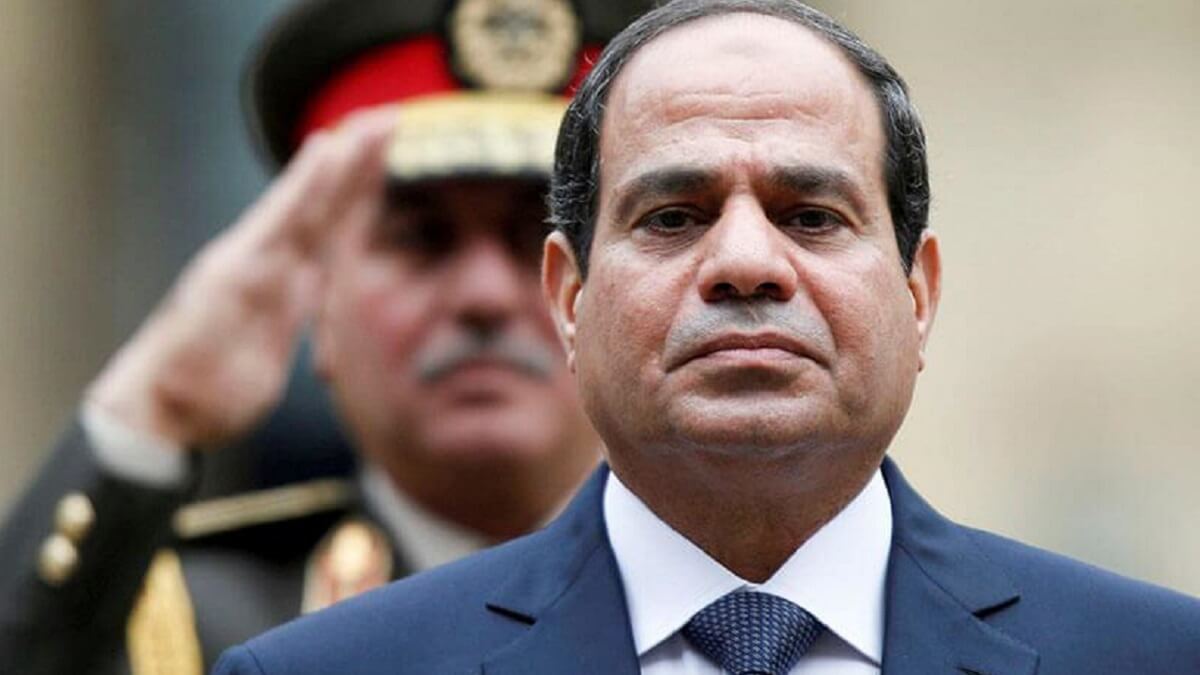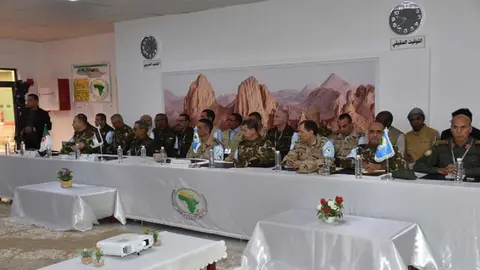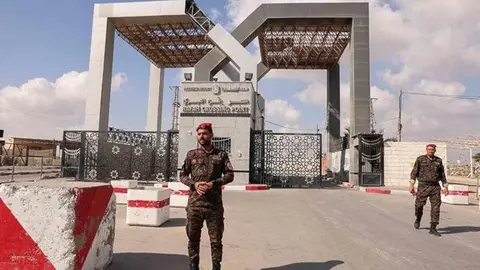Al-Sisi on his way to a third term in office in Egypt

Everything seems to indicate that the current president of Egypt, Abdel Fatah Al-Sisi, will remain in power for another six-year term. This is what several local media such as Extra News, which speaks of "a big advantage" of Al-Sisi over the other candidates.
Yesterday was the third and final day of a presidential election in which no major surprises were expected. Despite other candidates, such as Farid Zahran of the Social Democratic Party, Hazem Omar of the Republican People's Party and Abdel-Sanad Yamama, leader of the Wafd Party, none of the three presidential hopefuls have enough popular support to beat Al-Sisi, who won the last two elections with a lead of more than 90 per cent.
The candidate with the most political potential abandoned his candidacy last October, claiming attacks on his supporters by officials, which the National Electoral Authority (NEA) denied.
Although the NEC has announced an "unprecedented" large voter turnout for the elections, many Egyptians have shown little interest in the elections, claiming that voting will not make a big difference to the country, Reuters reports.
Polls opened on Sunday amid regional instability caused by the war in Gaza between Israel and Hamas, which has led to a humanitarian crisis on Egypt's border with the Palestinian enclave. In addition to the situation in the Gaza Strip, Cairo is also grappling with another conflict on its southern border: the civil war in Sudan. Clashes between the army and the Rapid Support Forces (RSF) broke out in April, causing a large influx of Sudanese refugees into Egypt.

Domestically, Egypt has long been facing a severe economic crisis. High inflation and rising commodity prices have pushed at least a third of the population into poverty. Both the COVID pandemic and the war in Ukraine have been two severe blows to Egypt's already battered economy.
However, Al-Sisi's image has been bolstered by his fight against jihadist terrorism, especially in the Sinai Peninsula, as well as by his important role as mediator in the Israeli-Palestinian conflict. Similarly, despite the war in Ukraine and rising tensions between Russia and the West, the Egyptian president has managed to balance his political alliances with Moscow, the US and Europe. During the election campaign, Al-Sisi has stressed that stability and security are paramount for the country, something that has resonated with many voters, according to Reuters.

After these elections, the results of which will be officially announced on 18 December, Al-Sisi will remain in power until 2030, more than a decade after he first took office as president in 2014. A year earlier, in 2013, Al-Sisi overthrew President Mohamed Morsi in a military-backed coup. Morsi, a member of the Islamist Muslim Brotherhood organisation, was Egypt's first democratically elected leader after the Arab Spring protests, an event that profoundly transformed the political map of the Middle East.










